Campaign Successes
-
-
UANI's unprecedented success in pressuring multinational corporations to cease business in Iran has alerted the business community of the serious financial and reputational risks of doing business with the Iranian regime. Owing to UANI's efforts, companies worldwide have been spurred to cut their business ties to Iran.
UANI's unprecedented success in pressuring multinational corporations to cease business in Iran has alerted the business community of the serious financial and reputational risks of doing business with the Iranian regime. Owing to UANI's efforts, companies worldwide have been spurred to cut their business ties to Iran.
-
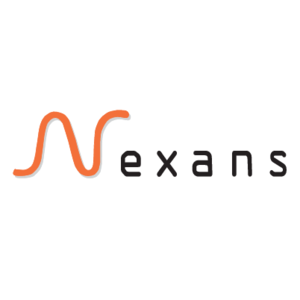
Nexans
In response to UANI's Iran Oil Show Campaign, French manufacturer Nexans ended its business in Iran. UANI had questioned Nexans decision to participate in the May 2014 Iran Oil Show, and called on the firm to fully disclose the nature and extent of its Iran business activities. In discussions with UANI, Nexans said it was suspending its Iran business "until the political and legal situations come back to normal so as to avoid creating or raising any query, concern or stir from the community, our business partners or stakeholders."
-
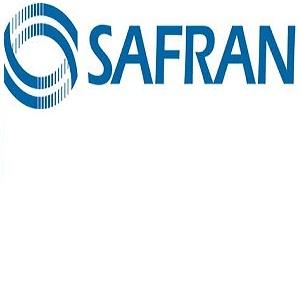
Safran
In response to UANI's Trade Delegation Campaign: France, French aerospace and defense conglomerate Safran pledged to UANI that it would forgo business in Iran. According to reports, Safran participated in a three-day French trade mission to Tehran in early February to explore new business opportunities following the implementation of the Geneva interim agreement. UANI had called on Safran to clarify the purpose of its visit to Iran, and asked Safran to certify that it would not initiate any Iran business activities.
-
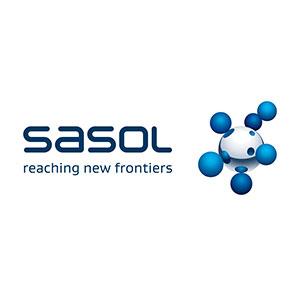
Sasol
In response to UANI's campaign, on August 19, 2013, Sasol announced that it had sold its stake in the Arya Sasol Polymer Co., an Iranian petrochemical entity. Sasol first announced its plans to leave Iran in November 2011. However, after over a year of inaction UANI launched its campaign, which included an Op-Ed and public awareness campaign to highlight Sasol's Iran business, a billboard near Sasol's US headquarters, and an effort to deny Sasol potentially lucrative federal tax credits unless Sasol ceased its Iran business.
-
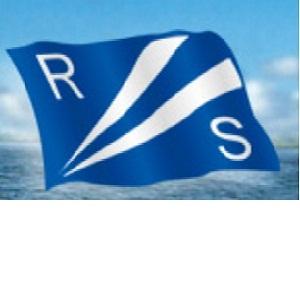
Rudolf Schepers
In response to UANI's campaign, German shipping company Rudolf Schepers ended its port calls to Iran. The Rudolf Schepers vessel TS Jakarta had been making calls at Bandar Abbas port, which is operated by the sanctioned entity Tidewater Middle East Co.
-
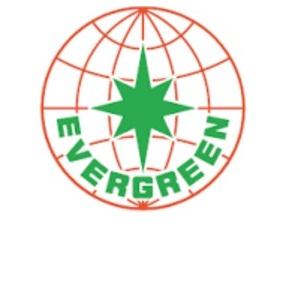
Evergreen (Taiwan), Yang Ming (Taiwan) and China Shipping Container Lines Co. (CSCL)
In response to UANI's Port Authority Campaign, shippers Evergreen (Taiwan), Yang Ming (Taiwan), and China Shipping Container Lines Co. (CSCL) announced in discussions with UANI that they had ended their Iran operations and port calls to Iran.
-
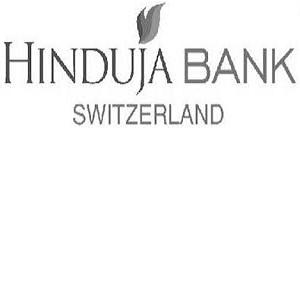
Hinduja Bank
In response to UANI's Switzerland Campaign, Hinduja Bank contacted UANI to announce it had ended its business in Iran. Hinduja was one of the last banks in Western Europe to still handle Iran trades.
-
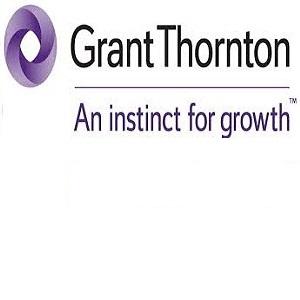
Grant Thornton, RSM, Crowe Horwath and Nexia
In response to UANI's Accounting Campaign, the global accounting firms Grant Thornton, RSM, Crowe Horwath, and Nexia ended their business in Iran. The firms severed ties with their respective Iranian member and correspondent firms.
-
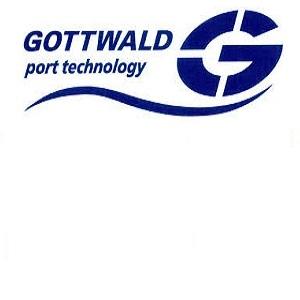
Gottwald
In response to UANI's Cranes Campaign and Germany Campaign, crane companyGottwald and its parent company Demag Cranes ended their Iran business. Gottwaldsold mobile harbor cranes and other cranes used in Iran's ports and terminals.
-
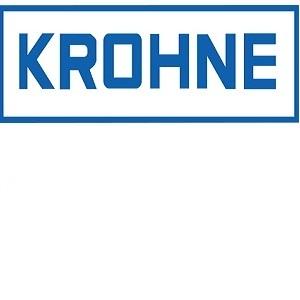
KROHNE
In response to UANI's Germany Campaign, industrial manufacturer KROHNE ended its business in Iran. KROHNE conducted business in Iran's petrochemical and industrial sectors, and supplied tanker components to the regime for its new Very Large Crude Carrier (VLCC) construction.
-
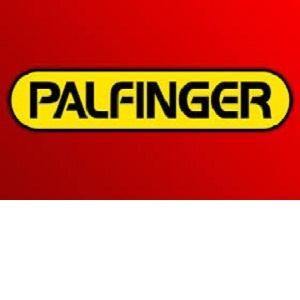
Palfinger
In response to UANI's Cranes Campaign, Austrian crane manufacturer Palfinger ended its business in Iran. UANI had presented Palfinger with photographic evidence of its cranes being misused for public executions in Iran.
-
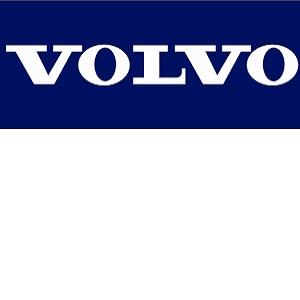
Volvo Group (AB Volvo)
In response to UANI's AUTO Campaign, Swedish commercial vehicle and construction equipment manufacturer Volvo Group (AB Volvo) ended its business in Iran. Volvo subsidiaries Volvo Trucks and Renault Trucks had done extensive business in Iran, and UANI presented Volvo with photographic evidence of its trucks being used by the Iranian regime to transport missiles. The Volvo Group is a separate entity from the Volvo Car Corporation, which has also certified that it does not do business in Iran.
-
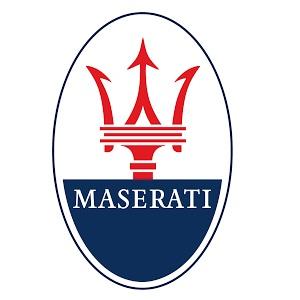
Luxury Goods Campaign, Maserati and Lamborghini
In response to UANI's AUTO Campaign and Luxury Goods Campaign, Maserati andLamborghini, respective luxury brands of Fiat and Audi, ended their business activities in Iran. Maserati had "ended discussions with a potential vehicle importer and distributor" in Iran, the Arta Group, and "threatened legal action" against the group to stop using its name.
-
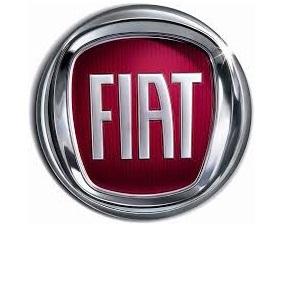
FIAT, IVECO And CNH
In response to UANI's AUTO Campaign, Italian automaker Fiat announced its subsidiaries Iveco, an Italian truckmaker, and CNH, an American construction equipment manufacturer, would end their business in Iran. While Iveco trucks had been used to transport ballistic missiles and hang dissidents, Fiat received loans from the U.S. government to gain ownership of Chrysler. The Fiat campaign concluded in January 2013 when UANI announced that Fiat luxury auto brand Maserati had ended all Iran business.
-
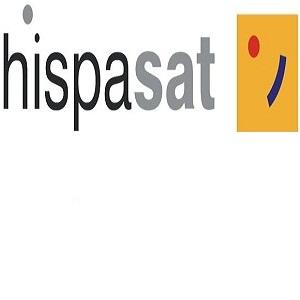
Hispasat
In response to UANI's Tech & Telecom Campaign, Spanish satellite operator Hispasatended its broadcasting of Iranian regime programming. Specifically, Hispasat ceased transmissions of the Iranian channels Press TV and HispanTV.
-
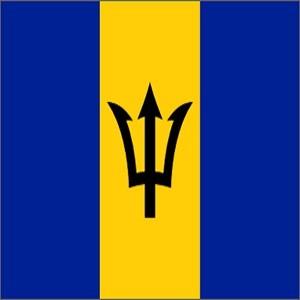
Barbados
In response to UANI's Shipping Campaign, Barbados took action to rescind reflagging coverage for 3 Islamic Republic of Iran Shipping Lines (IRISL) vessels and said it would no longer flag Iranian vessels
-
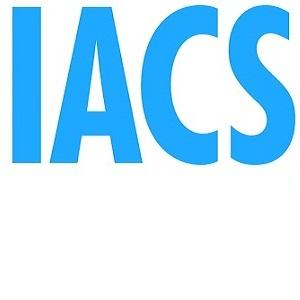
International Association of Classification Societies (IACS)
In response to UANI's Shipping Certification Campaign, all thirteen firms of the global-leading International Association of Classification Societies (IACS) have stopped certifying Iranian vessels, including Bureau Veritas, Germanischer Lloyd, theRussian Maritime Register of Shipping, ClassNK, Korean Register of Shipping, and China Classification Society. IACS certification coverage enabled the Iranian regime to maintain its access to global maritime trade and circumvent multilateral sanctions.
-
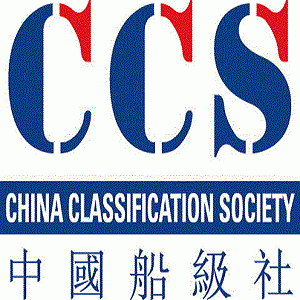
China Classification Society (CCS)
In response to UANI's Shipping Campaign, the China Classification Society (CCS)withdrew its coverage of Iranian vessels. With this development, all members of theInternational Association of Classification Societies (IACS) have ended their Iran-related certification work, which is needed to secure maritime insurance and access to major ports.
-
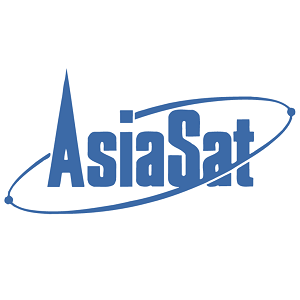
AsiaSat
Following discussions with UANI as part of the Tech & Telecom Campaign, Hong Kong global satellite operator AsiaSat announced that it had ended its broadcast of Iranian regime programming and would refrain from business with the Government of Iran and affiliated entities.
-
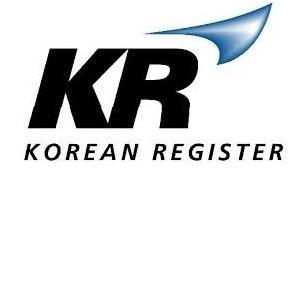
Korean Register of Shipping (KR)
In response to UANI's Shipping Campaign, Hong Kong took action to rescind reflagging coverage for 19 Islamic Republic of Iran Shipping Lines (IRISL) vessels. Without certification of these vessels from the Korean Register of Shipping (KR), which itself ceased Iran business in response to UANI, Hong Kong said it could no longer flag these vessels due to safety and quality concerns.
-
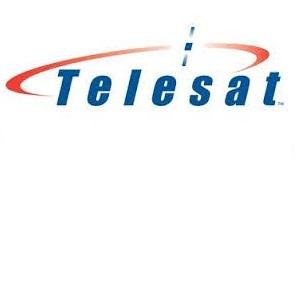
Telesat
Following discussions with UANI as part of the Tech & Telecom Campaign, Canadian global satellite operator Telesat announced that it had ended its broadcast of Iranian regime programming and would refrain from business with the Government of Iran and affiliated entities.
-
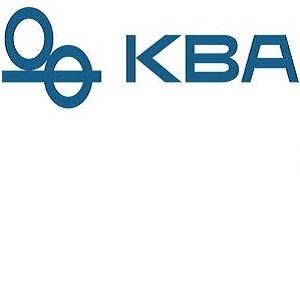
Koenig & Bauer (KBA)
In response to UANI's Rial Currency Printing Campaign, German printing press company Koenig & Bauer (KBA) ended its currency printing business in Iran, stating that it has "discontinued to supply banknote printing presses as well as related goods and services to clients located in Iran, including to SPMO [Iran's Security Printing and Minting Organization] and the Central Bank of Iran."
-
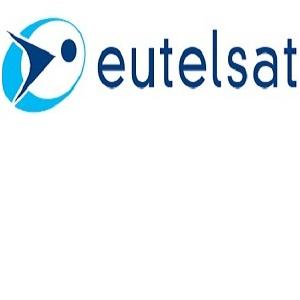
Eutelsat And Arqiva
Following UANI’s Tech & Telecom Campaign, French satellite provider Eutelsat and British telecom firm Arqiva terminated their contract with Islamic Republic of Iran Broadcasting (IRIB) to broadcast 19 television and radio stations. UANI had called on Eutelsat and Arqiva to cease all services to IRIB given its use as a propaganda tool to televise "show trials" as well as the interrogation and coerced statements of Iranians unjustly imprisoned and tortured by the regime.
-
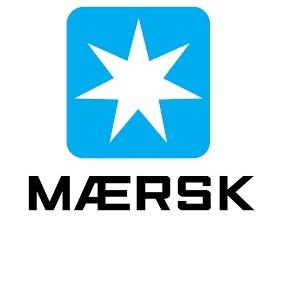
Maersk
Following UANI’s two and a half year long campaign, the world’s largest container shipping company Maersk announced it had stopped service to Iran due to the "the risk of damaging business opportunities elsewhere particularly the U.S." A recipient of $4 billion from the U.S. government in the past decade, Maersk was fined $3.1 million in 2010 for violating Iran sanctions and ceased servicing IRGC-controlled ports in 2011.
-
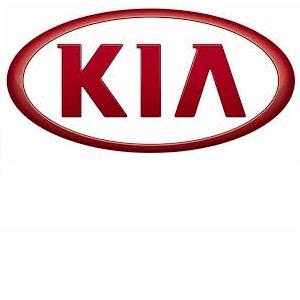
Kia Motors
In response to UANI's AUTO Campaign, South Korean automaker Kia Motors declared it had discontinued its business in Iran and had no intention to conduct further business there. Kia exported vehicles to Iran and the SAIPA Group, which is controlled by the Iranian regime, had manufactured Kia vehicles.
-
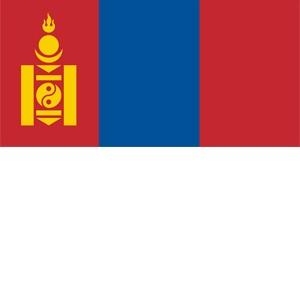
Mongolia
In response to UANI's Shipping Campaign, Mongolia de-flagged five Iranian vessels.
-
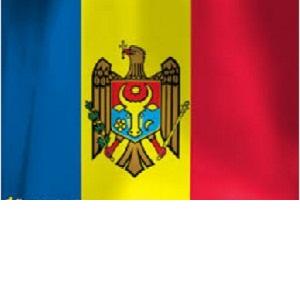
Republic of Moldova
In response to UANI's Shipping Campaign, the Republic of Moldova confirmed that it stopped reflagging Iranian vessels and would not restart any such activities.
-
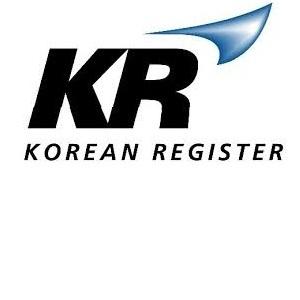
Korean Register of Shipping (KR)
In response to UANI's Shipping Certification Campaign, the Korean Register of Shipping (KR) decided to end its certification of Iranian vessels, specifically those of the sanctioned Islamic Republic of Iran Shipping Lines (IRISL) and National Iranian Tanker Company (NITC). KR had been the leading provider of certification services to the NITC.
-
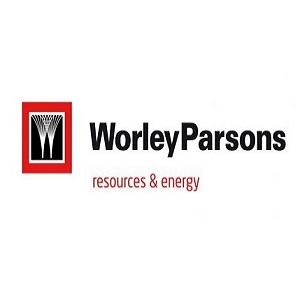
WorleyParsons
Following discussions with UANI, Australian mining and energy services companyWorleyParsons announced that it has now discontinued all of its services in Iran and will refrain from any new ones after having been active in Iran's oil and natural gas sector. WorleyParsons signed UANI's Iran Business Declaration to formalize this commitment.
-
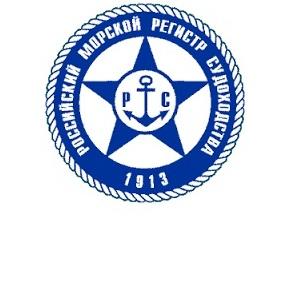
Russian Maritime Register of Shipping (RS)
In response to UANI's Shipping Certification Campaign, the Russian Maritime Register of Shipping (RS) decided to suspend its activities in Iran, including all certification and related services to the Islamic Republic of Iran Shipping Lines ("IRISL") vessels as well as offshore platforms including drilling rigs.
-
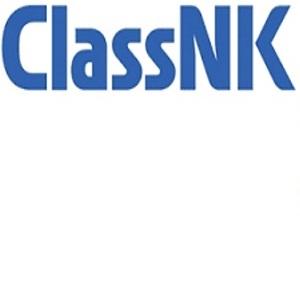
Nippon Kaiji Kyokai (ClassNK)
In response to UANI's Shipping Certification Campaign, Japanese classification society Nippon Kaiji Kyokai (ClassNK) decided to close its office in Tehran and end its work in Iran.
-
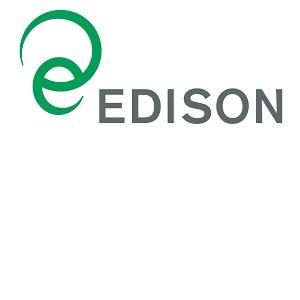
Edison
In response to UANI's GAO Campaign, Italian energy company Edison withdrew from Iran’s energy sector, specifically its contract to explore Iran's Dayyer natural gas field. In 2011, the GAO listed Edison as one of sixteen foreign firms in potential violation of U.S. sanctions.
-
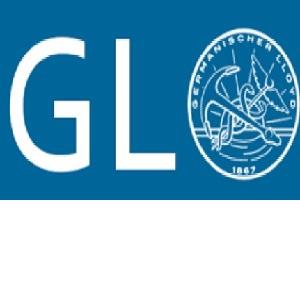
Germanischer Lloyd
In response to UANI's Shipping Certification Campaign, German shipping serviceGermanischer Lloyd decided to comply with international sanctions and cease its certification of Iranian shipping vessels, specifically those of the Islamic Republic of Iran Shipping Lines ("IRISL") and the National Iranian Tanker Company ("NITC").
-
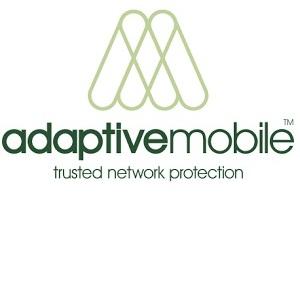
AdaptiveMobile
Following discussions with UANI, Irish telecommunications firm AdaptiveMobileannounced to UANI that it ended all business in Iran and terminated its contracts with MTN Irancell. In 2008 AdaptiveMobile sold technology to Iran that filters, blocks and stores text messages. Text message monitoring was required by Iranian security forces.
-
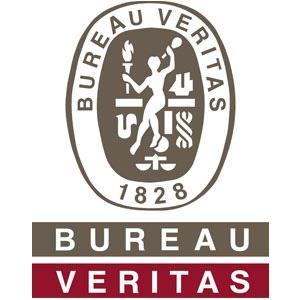
Bureau Veritas
In response to UANI's Shipping Certification Campaign, French shipping serviceBureau Veritas decided to comply with international sanctions and cease its certification of Iranian shipping vessels, specifically those of the Islamic Republic of Iran Shipping Lines ("IRISL") and the National Iranian Tanker Company ("NITC").
-
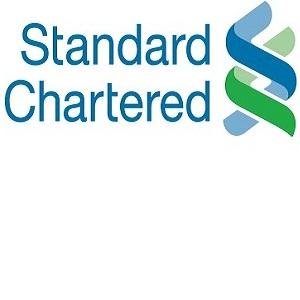
Standard Chartered Bank
Following discussions with UANI, Standard Chartered Bank, the fifth largest bank of Britain, pledged that effective at the end of the first quarter of 2012 it had ended its presence in Iran. Standard Chartered had been present in Iran for decades, including retaining offices in Tehran and Kish Island until recently.
-
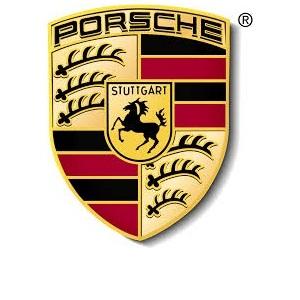
Porsche
In response to UANI's AUTO Campaign, German automaker Porsche ended its business in Iran. Porsche had exported its luxury vehicles to Iran.
-
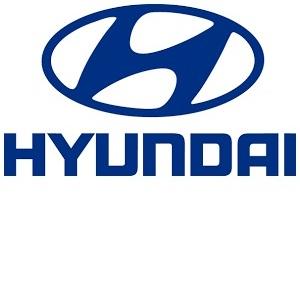
Hyundai
In response to UANI's AUTO Campaign, South Korean automaker Hyundai ended its business in Iran. Hyundai had exported vehicles to Iran and the Iran Khodro Group, which is controlled by the Iranian regime, had manufactured Hyundai vehicles.
-
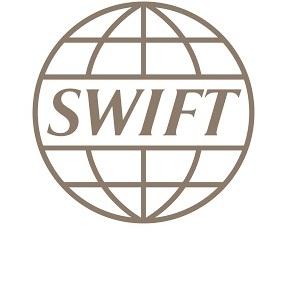
Society for Worldwide Interbank Financial Telecommunication (SWIFT)
In response to UANI's campaign, Society for Worldwide Interbank Financial Telecommunication (SWIFT), which facilitates financial transfers worldwide,discontinued services to EU-sanctioned Iranian financial institutions, including the Central Bank of Iran. Without access to SWIFT-issued Business Identifier Codes, the Iranian regime is largely isolated from the global financial system.
-
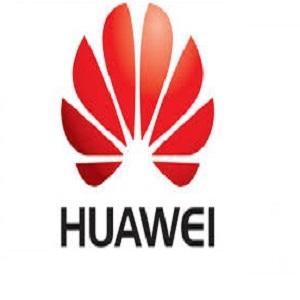
Huawei
In response to UANI's Tech & Telecom Campaign, Chinese telecom giant Huaweiannounced that it would stop seeking new business in Iran and limit existing business following discussions with UANI. Reports indicate that Huawei's telecommunications technology has been used by the Iranian regime to conduct surveillance on its citizens, track down dissidents, censor news and block service.
-
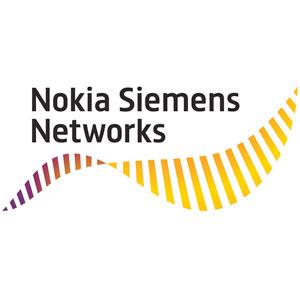
Nokia Siemens Networks (NSN)
In response to UANI's campaign and following Huawei’s decision to pull back, Nokia Siemens Networks (NSN), a joint venture between Nokia of Finland and Siemens of Germany, announced it would not take on any new business in Iran and would gradually reduce its existing commitments. In the brutal crackdown that followed Iran’s disputed June 2009 presidential elections, NSN technology was used to suppress protesters by monitoring and blocking communications.
-
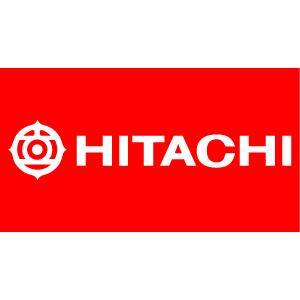
Hitachi
In response to UANI's campaign, Japanese technology conglomerate Hitachi announced it is ending its business in Iran. Hitachi had been active in Iran's oil and gas sector.
-
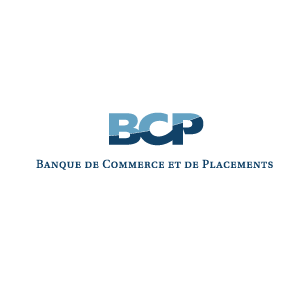
Banque de Commerce et de Placements (BCP)
Following discussions with UANI, Banque de Commerce et de Placements (BCP) of Switzerland ended its business in Iran and cut off its ties with all Iranian entities.
-
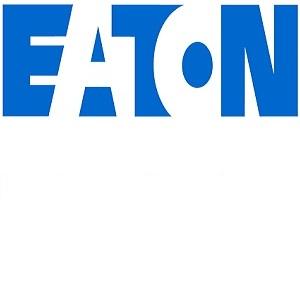
Eaton Corporation
Following discussions with UANI, Eaton Corporation of Ohio pledged to end its businessin Iran and fully sever ties with Iranian distributor Hydraulic Karan.
-
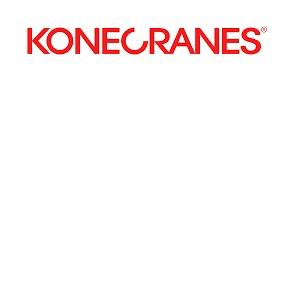
Konecranes
In response to UANI’s Cranes Campaign, Finnish crane manufacturer Konecranesended its business in Iran. Konecranes informed UANI it had made the decision to “withdraw from the Iranian market.”
-
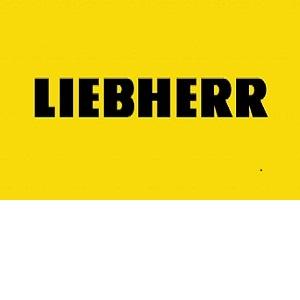
LIEBHERR
In response to UANI's Cranes Campaign, Swiss-German construction equipment manufacturer Liebherr pledged to end its business in Iran. Liebherr "informed former customers and business associates in Iran that the companies of the Liebherr Group will cease their business activities with them."
-
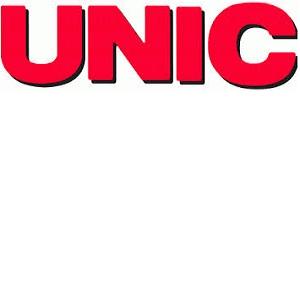
UNIC
In response to UANI’s Cranes Campaign , Japanese crane manufacturer UNIC ended its business in Iran. UNIC made the decision following a UANI op-ed in the Los Angeles Times and disclosures from UANI that UNIC cranes had been used in public hangings in Iran.
-
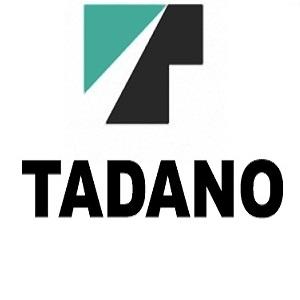
Tadano
In response to UANI's Cranes Campaign, Japanese crane manufacturer Tadano ended its business in Iran. Tadano made the decision following a UANI op-ed in the Los Angeles Times and disclosures from UANI that Tadano cranes had been used in public hangings in Iran.
-
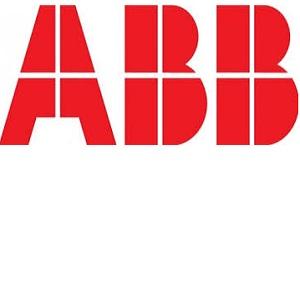
ABB
Following discussions with UANI, ABB, a Swiss-based Fortune 500 engineering firm, ended its oil and gas business in Iran in response to a notice received from the California’s Department of General Services, which has been using UANI’s Iran Business Registry to vet state contractors.
-
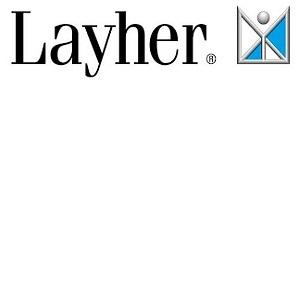
Layher
Following discussions with UANI, German construction firm Layher ended its business in Iran in response to a notice received from the California’s Department of General Services, which has been using UANI’s Iran Business Registry to vet state contractors.
-
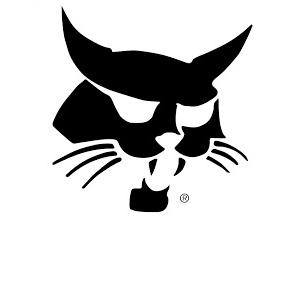
Bobcat
In response to UANI’s campaign, American construction equipment manufacturer Bobcatended its business in Iran. Bobcat's parent company, the Doosan Corporation, also announced it would prohibit any new business with Iran.
-
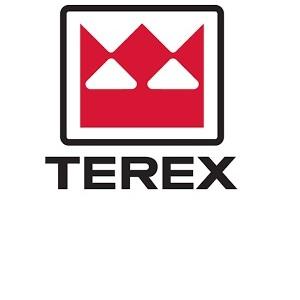
Terex
In response to UANI’s Cranes Campaign, American construction conglomerate Terexannounced it had ended its business in Iran and pledged to earn no future revenues from any of its previous contracts there.
-
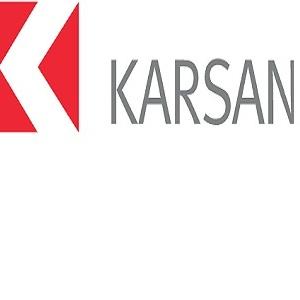
Karsan
In response to UANI’s campaign, Turkish automaker Karsan announced it had ceased its business in Iran and would refrain from further business there. Karsan was competing to be New York City’s exclusive taxi cab for the next decade in the Taxi of Tomorrowcompetition.
-
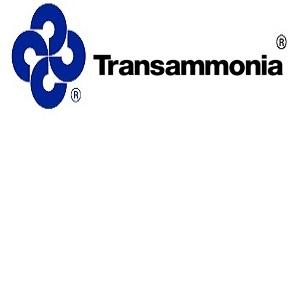
Transammonia
In response to UANI’s campaign, American chemicals giant Transammonia ceased its business in Iran. Transammonia had been purchasing natural gas-based ammonia from Iran.
-
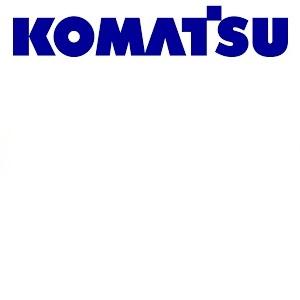
Komatsu
In response to UANI’s campaign, Japanese construction conglomerate Komatsu ceased its business in Iran. Komatsu's business in Iran enabled the sale, assembly and manufacture of construction equipment that has been used in Iran's energy sector.
-
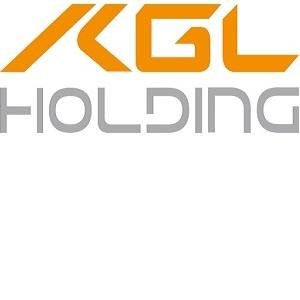
KGL
In response to UANI’s campaign, Kuwaiti defense contractor KGL severed all business ties with Iran, including with a sanctioned subsidiary of Iran’s government-owned shipping line, IRISL. KGL has conducted some $144 million in business with the U.S. government.
-
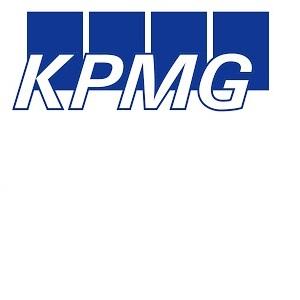
KPMG
In response to UANI’s campaign, KPMG severed ties with its Iranian member firm.PricewaterhouseCoopers and Ernst & Young also informed UANI that they have discontinued their business relationships in Iran. As a result, none of the “Big Four” accounting firms continue to operate in Iran.
-
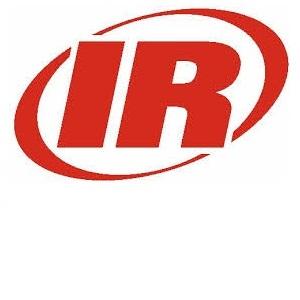
Ingersoll Rand
In response to UANI’s campaign, Ingersoll Rand ceased its business in Iran. Ingersoll Rand industrial equipment has been used in Iran’s oil and gas industry. News of the company’s decision was published on the front page of The Wall Street Journal’s business section.
-

Caterpillar
In response to UANI’s campaign, Caterpillar ceased its business in Iran. UANI called on Caterpillar to end its business in Iran and launched a billboard in Peoria targeting Caterpillar. UANI’s role in pressuring Caterpillar was highlighted in a front page story in theFinancial Times.
-
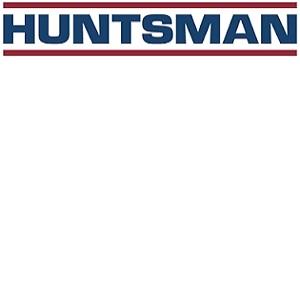
Huntsman Corporation
In response to UANI’s campaign, Huntsman Corporation ceased its business in Iran. UANI had earlier called on Huntsman to explain its sale to Iran of polyurethanes, a dual-use material widely used in defense-related materials, including solid-fuel technology for long-range missiles.
-
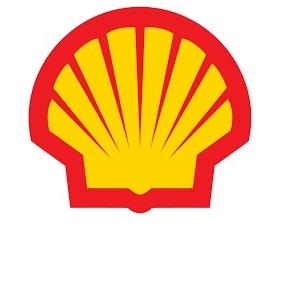
Royal Dutch Shell
Following the launch of UANI's Iran Disclosure Project (IDP), Royal Dutch Shell, one of Iran's main energy partners, discontinued gasoline sales to Iran. The IDP is an initiative to identify publicly-traded companies that have failed to disclose to investors the legal and financial peril associated with their business dealings in Iran.
-
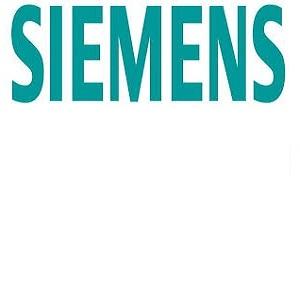
Siemens
In response to UANI's campaign, the Los Angeles Metropolitan Transit Authority (MTA) Board voted against opening up a lucrative $300 million light rail contract to bidding bySiemens due to its extensive Iran ties. Siemens has subsequently announced it will not pursue new business in Iran.
-
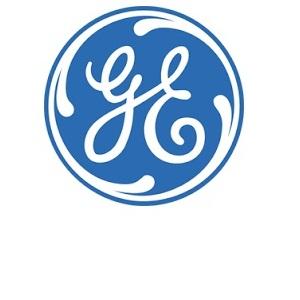
General Electric
General Electric partnered with UANI to became the first signatory to the Iran Business Declaration (IBD) on September 18, 2009. The IBD affirms that GE does not and will not conduct business in Iran.
Receive Iran News in Your Inbox.
Eye on Iran is a news summary from United Against Nuclear Iran (UANI), a section 501(c)(3) organization. Eye on Iran is available to subscribers on a daily basis or weekly basis.
Receive Iran News in Your Inbox
The Iran nuclear deal is done. And the world's biggest companies have already visited Tehran ready to strike a deal when sanctions end. These businesses will add even more to Iran's bottom line. And that means continued development of nuclear technologies and more cash for Hamas and Hezbollah.